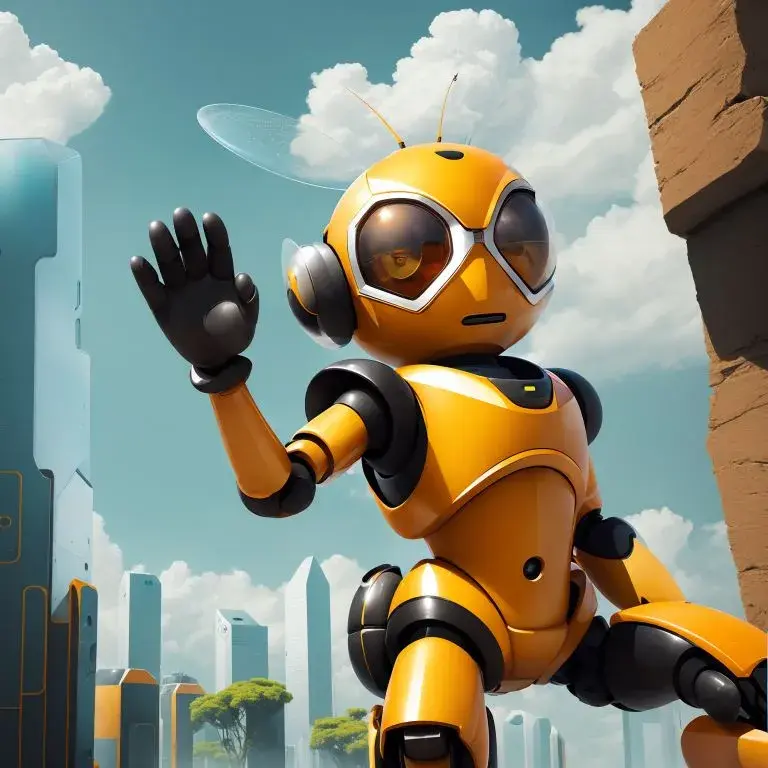The nuances of this are beyond me, but I feel like it’s likely this would eventually be overcome.
Your best protection from having your images manipulated is to keep them off the internet if at all possible (we can only control what we post).
Basically I’m saying to treat the internet as hostile. Which is unfortunate, but accurate.
This would be so easily bypassed that the whole concept, while technologically cool, is completely useless. Someone could apply a very subtle smoothing filter and then do whatever they wanted with it after via stable diffusion (or use the myriad of alternative methods to remove the “protection”).
This is promising. Glaze was simply too intrusive for most people to be willing to use it regularly.
What happens if you take a picture of the screen with your phone? Not ideal in terms of quality but I’m willing to bet it would work as a stupid easy bypass.
What I’d like to see is an image format that is digitally signed by default so that modifications can be flagged and the source can be verified. Yeah people could modify them for malicious use cases (I don’t think it will be possible to ever prevent that unfortunately) but at least we’d know that it wasn’t the original. This doesn’t work for cases where people want to be anonymous but for things like social media selfies and posts where people are visible it could be helpful in preventing people spreading deepfakes and claiming they’re real.





